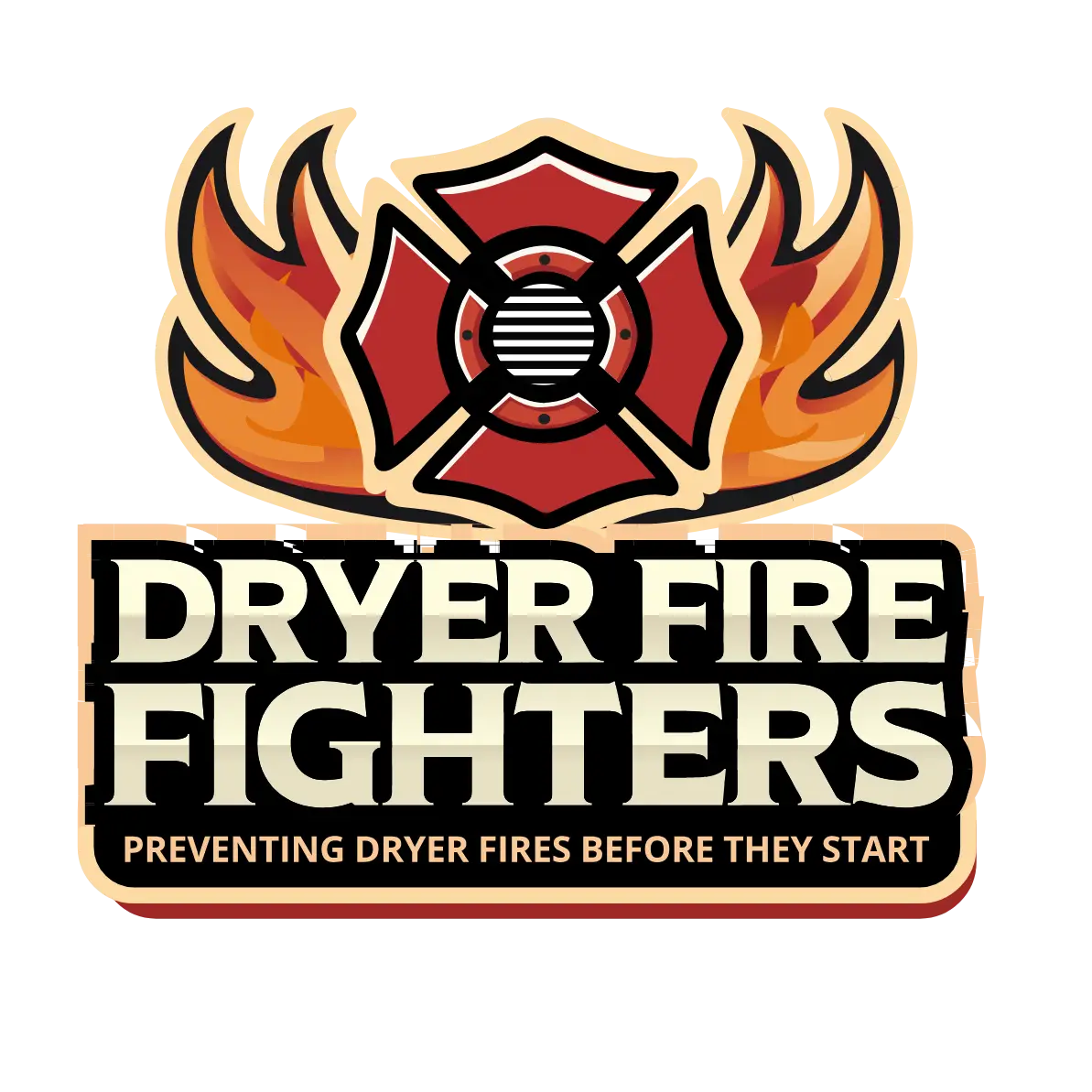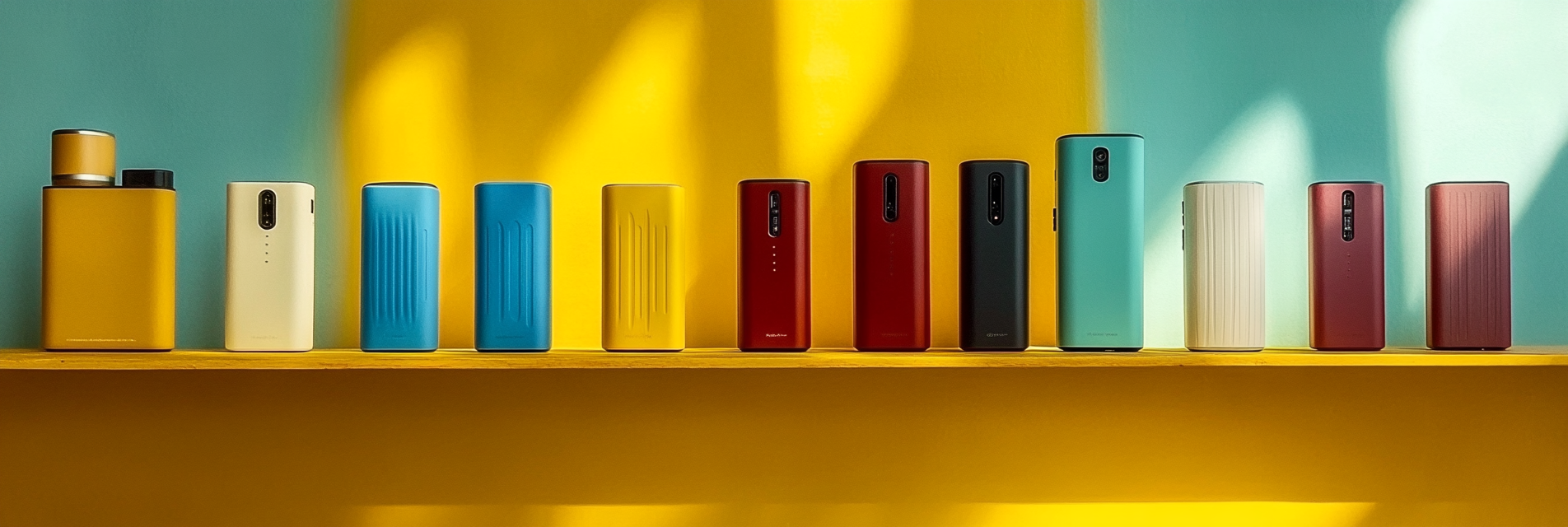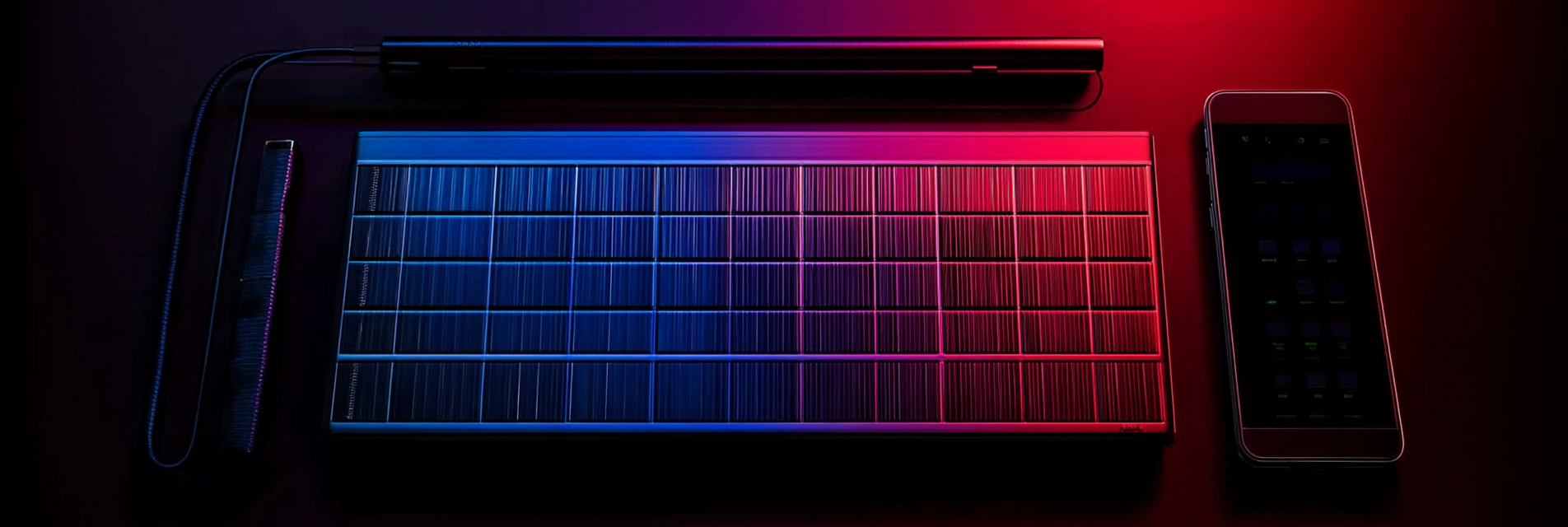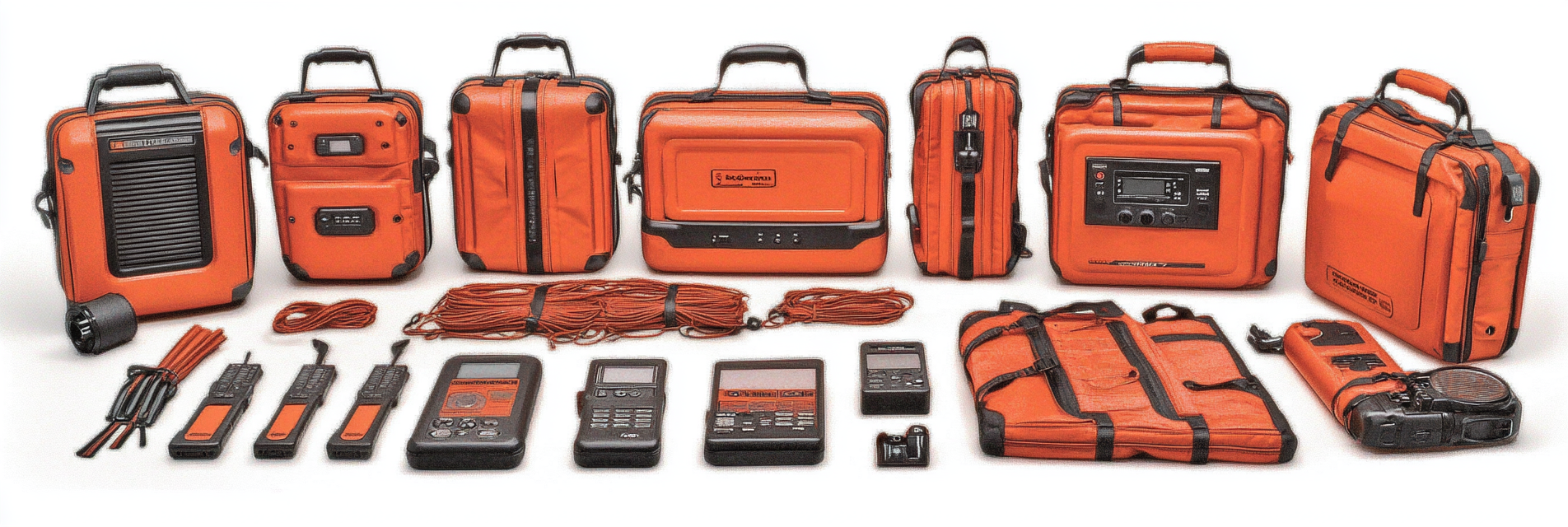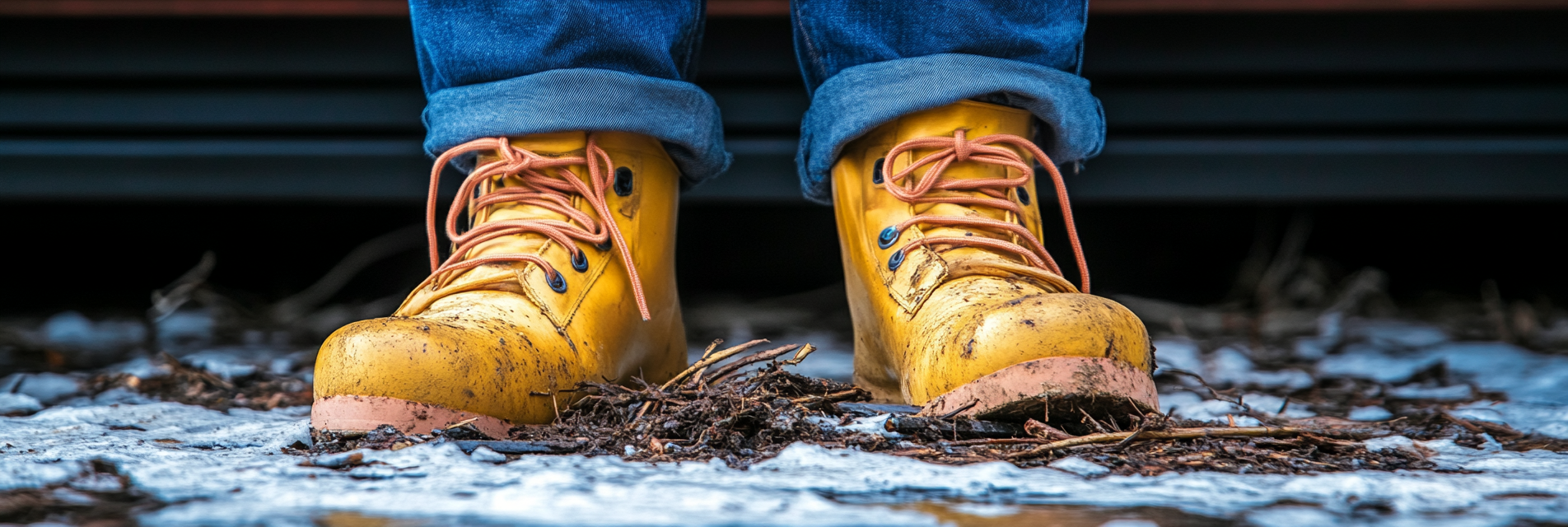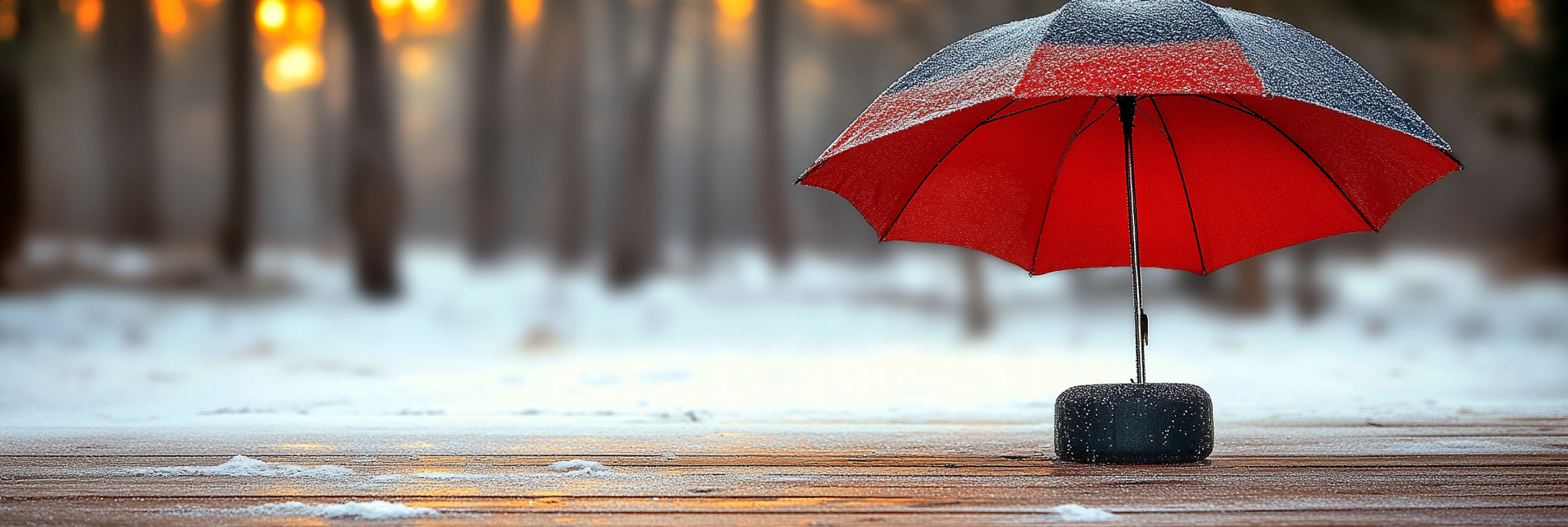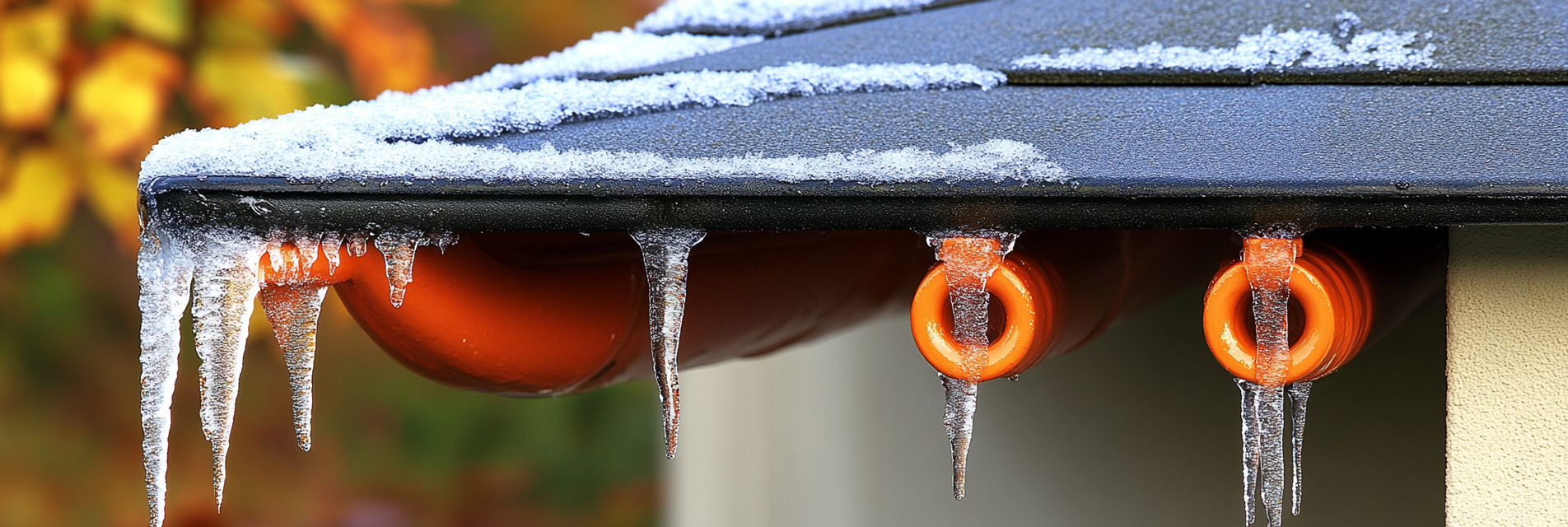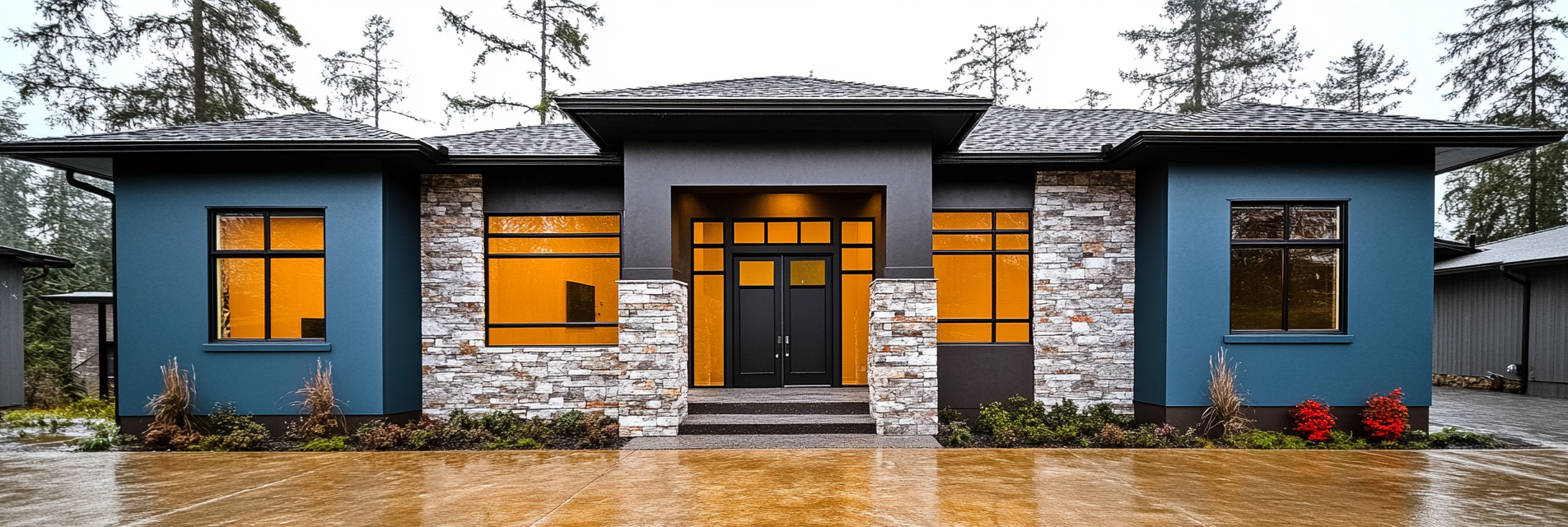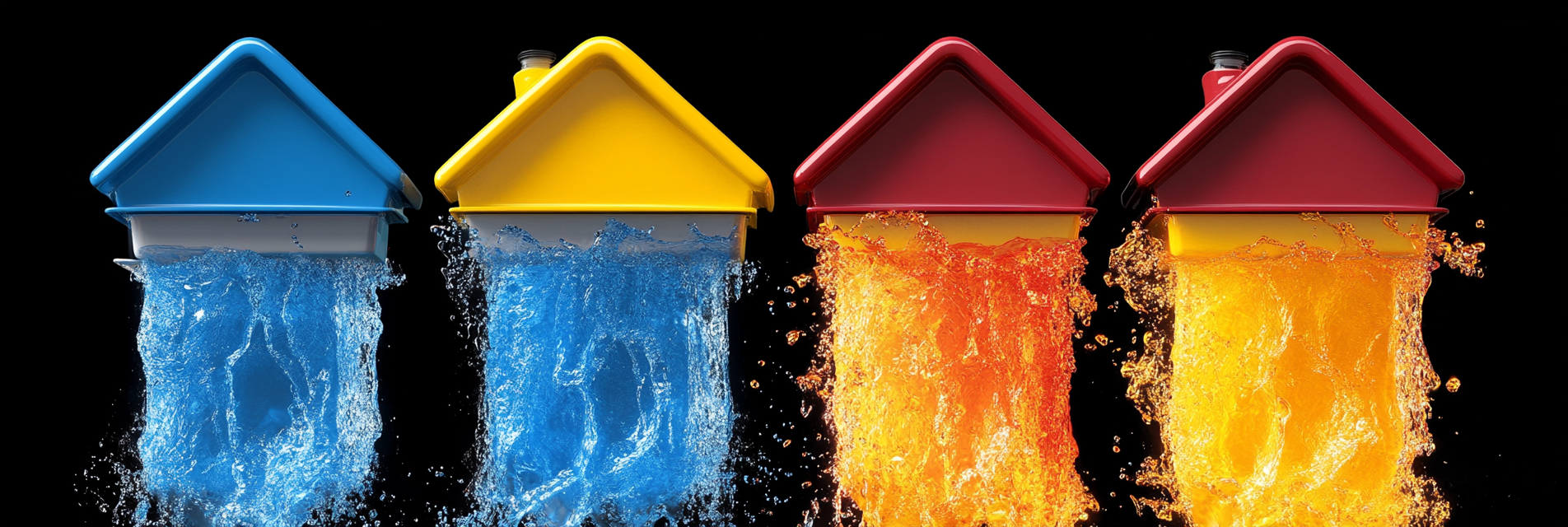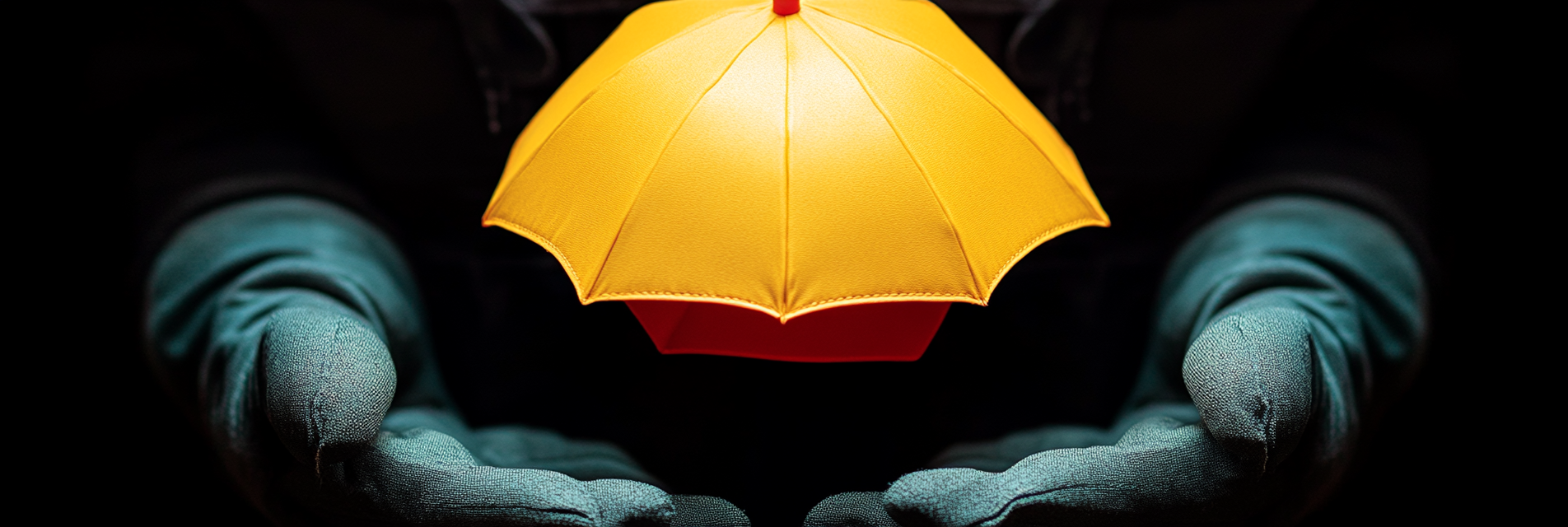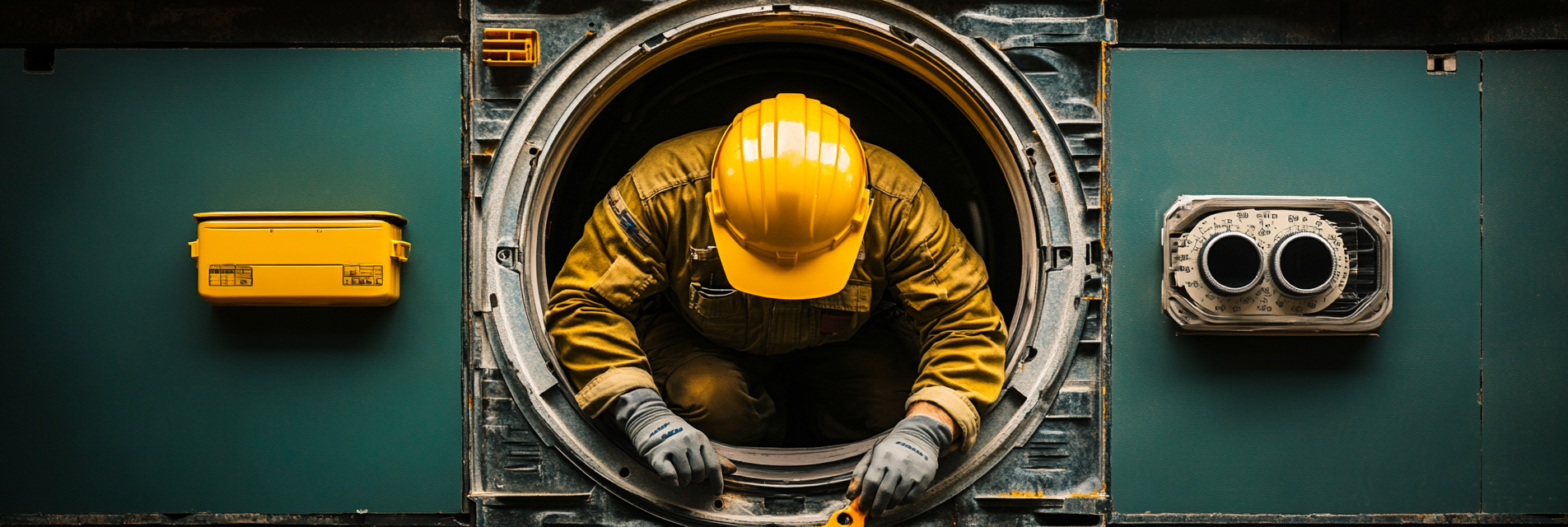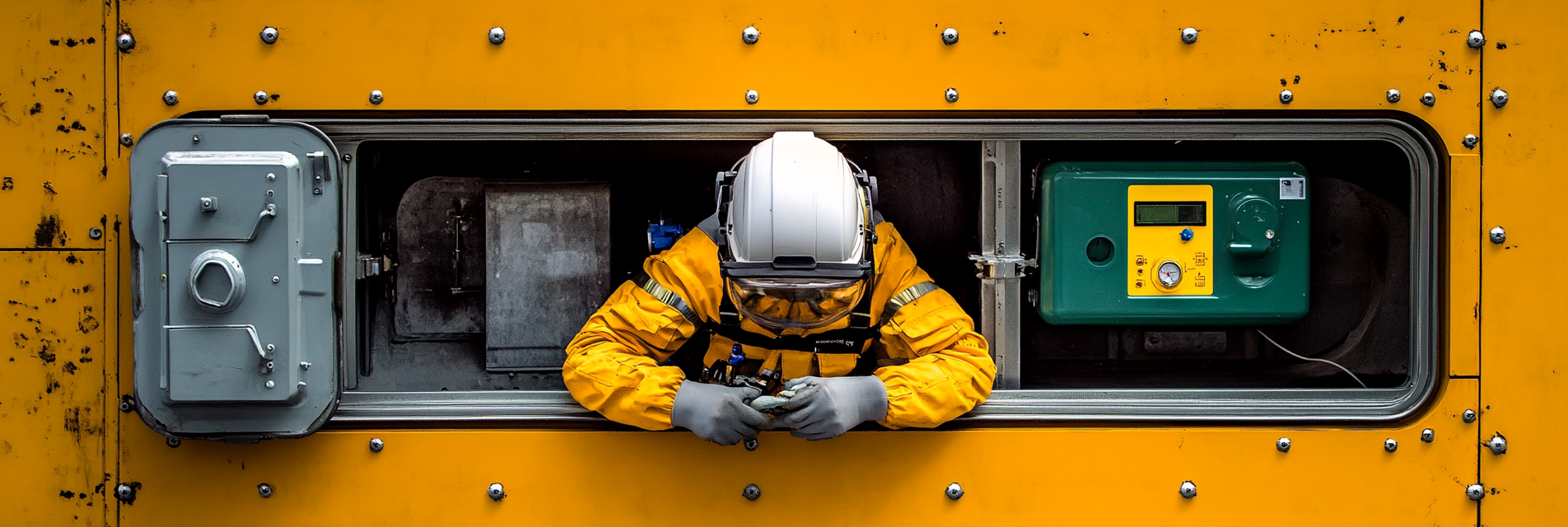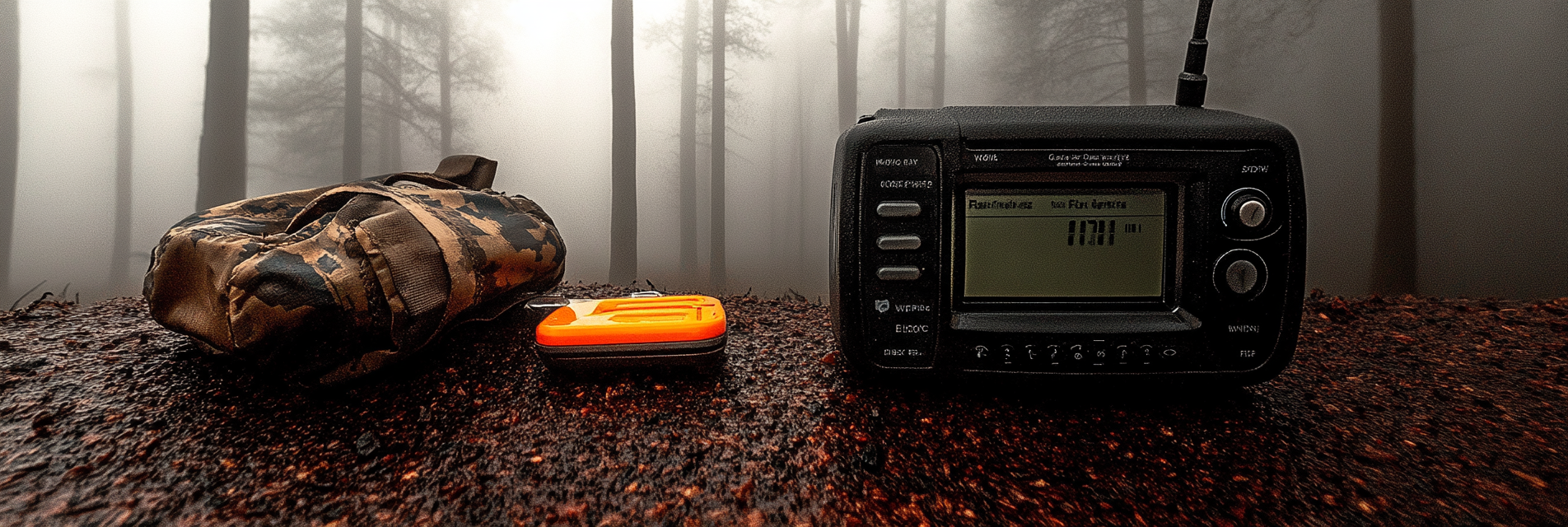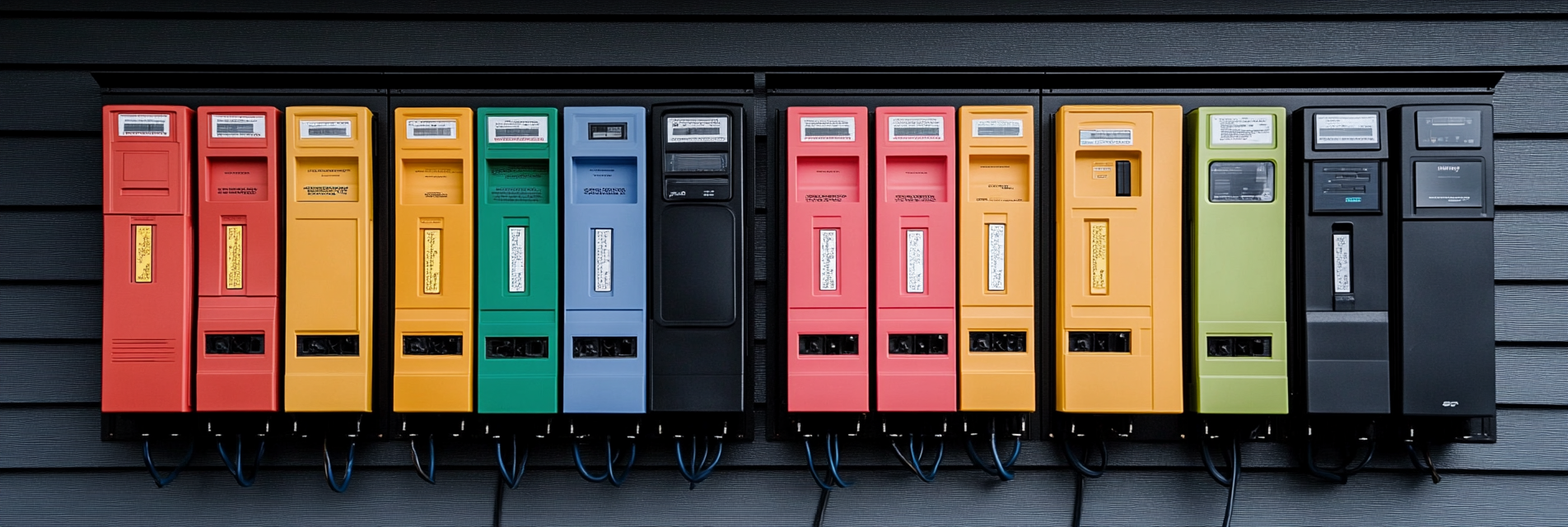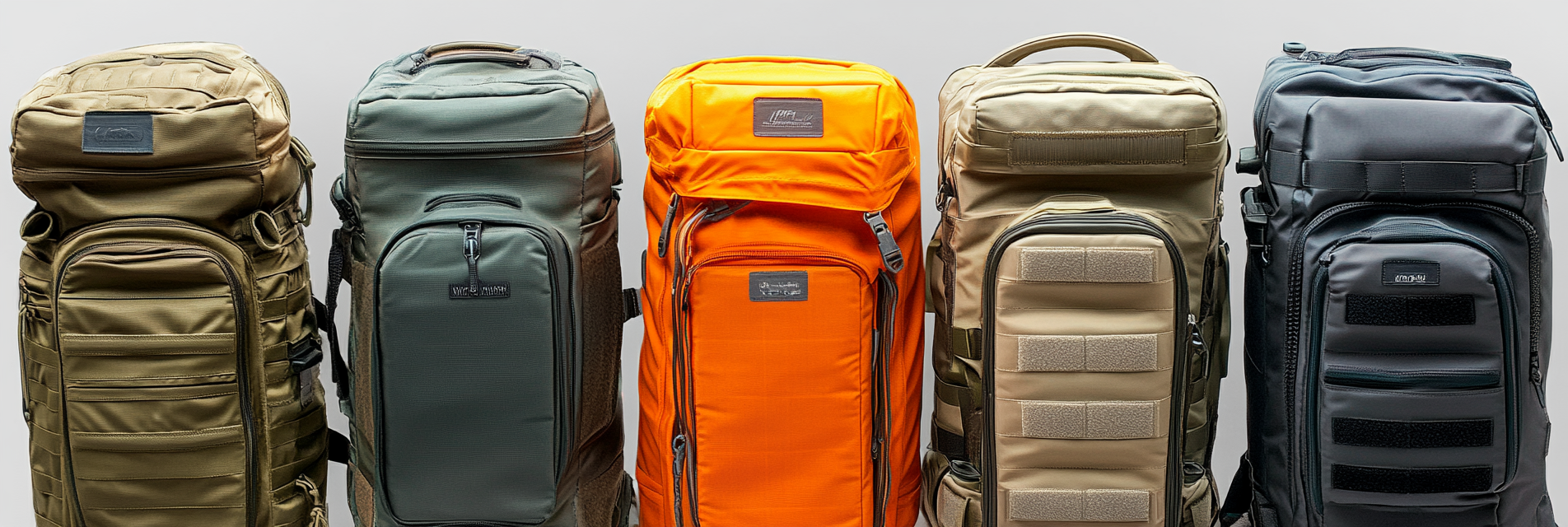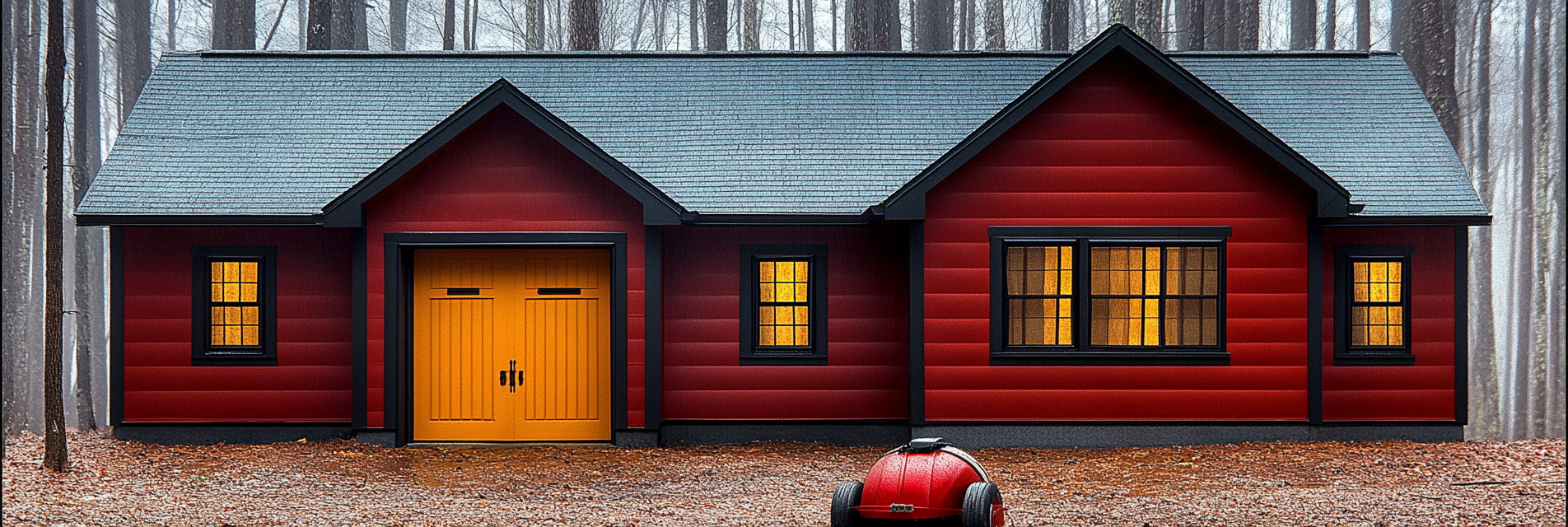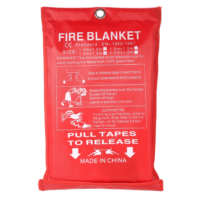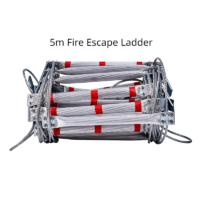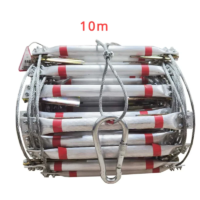Power outages can happen unexpectedly due to severe weather, infrastructure issues, or planned maintenance. Being prepared can help you and your family stay safe, comfortable, and well-equipped during an outage. This guide outlines key steps, product recommendations, and practical tips for managing power outages effectively.
1. The Importance of Power Outage Preparedness
A power outage can disrupt heating, cooling, lighting, and essential appliances. Being prepared ensures your family’s safety and helps maintain comfort during short or prolonged outages.
Use Case Scenario: A winter storm causes a neighborhood-wide power outage that lasts for two days. With the right preparation, a family remains warm, connected, and safe until power is restored.
2. Creating a Power Outage Emergency Kit
A comprehensive emergency kit helps you meet basic needs when power is unavailable:
- Flashlights and Lanterns: Opt for LED flashlights like the Maglite ML300L and solar-powered lanterns such as the LuminAID PackLite for reliable, long-lasting lighting.
- Batteries and Power Banks: Keep a supply of Duracell AA and AAA batteries and portable chargers like the Anker PowerCore 20000 for phones and other small devices.
- Radio: A battery-operated or hand-crank radio such as the Midland ER310 keeps you informed about weather updates and emergency alerts.
- First Aid Kit: Ensure a well-stocked first aid kit with bandages, antiseptics, and medications.
- Emergency Food and Water: Store non-perishable food like ReadyWise Emergency Food Supply and at least one gallon of water per person per day for at least three days.
3. Backup Power Solutions
Having backup power sources can help you stay connected and keep essential devices running:
- Portable Generators: A reliable option like the Honda EU2200i Inverter Generator provides power for essential appliances and runs quietly.
- Battery-Powered Backup: For smaller loads, a Jackery Portable Power Station is great for powering phones, lights, and medical devices.
- Solar Chargers: Keep a Goal Zero Nomad 10 Solar Panel for recharging power banks and small devices during extended outages.
Safety Tip: Always operate generators outdoors and away from open windows to avoid carbon monoxide buildup.
4. Maintaining Temperature Control
Keeping your home at a safe temperature during power outages, especially in extreme weather, is crucial:
- Cold Weather Preparation:
- Layered Clothing: Have thermal clothing, hats, and gloves readily available.
- Emergency Blankets: Swiss Safe Emergency Blankets help retain body heat.
- Indoor Propane Heaters: Devices like the Mr. Heater Buddy provide safe, indoor heating. Ensure adequate ventilation to prevent CO buildup.
- Hot Weather Preparation:
- Cooling Towels: Mission Cooling Towels help regulate body temperature.
- Battery-Powered Fans: Use OPOLAR Battery-Operated Fans for airflow.
- Hydration: Keep extra water and electrolyte solutions like Pedialyte Powder Packs to stay hydrated.
5. Emergency Lighting Solutions
Maintaining visibility without power is essential for safety:
- Battery-Operated LED Lights: Install motion-sensor LED lights like the Mr. Beams MB726 in hallways and bathrooms for hands-free illumination.
- Solar Lanterns: Rechargeable solar lanterns such as the LuminAID PackLite provide long-lasting light and can double as phone chargers.
- Glow Sticks: Keep a supply of Cyalume SnapLight Glow Sticks for low-level lighting that is safe for children.
6. Safe Food Storage and Preparation
Power outages can jeopardize the safety of perishable foods:
- Refrigerator Tips: Keep refrigerator and freezer doors closed as much as possible. A full freezer can maintain its temperature for up to 48 hours if unopened.
- Coolers and Ice Packs: Store ice packs in your freezer for use in coolers during an outage. The YETI Tundra 45 Cooler keeps food cool for extended periods.
- Portable Stoves and Cooking Equipment: A Coleman Portable Butane Stove is ideal for heating meals. Be sure to use it in a well-ventilated area.
7. Communication During Outages
Staying informed and maintaining communication with loved ones is vital:
- Emergency Radio: The Midland ER310 not only provides weather updates but also has a built-in flashlight and USB charger.
- Walkie-Talkies: Motorola T600 Talkabout Radio can be helpful for staying in contact with family members when mobile networks are unreliable.
- Cell Phone Backup: Use a power bank or a solar charger to keep your phone operational.
8. Home Safety Precautions
Follow these tips to ensure your home remains safe during a power outage:
- Unplug Appliances: Unplug sensitive electronics to protect them from power surges when electricity is restored.
- Fire Safety: Use flameless candles and keep fire extinguishers nearby. First Alert Home Fire Extinguishers are ideal for general home use.
- CO Detector: Ensure you have battery-powered carbon monoxide detectors to alert you if generators or indoor heaters emit dangerous levels of CO.
9. Preparing for Extended Outages
If you anticipate a longer outage:
- Stock Up on Essentials: Include shelf-stable food, water purification tablets like Potable Aqua, and fuel for your backup power sources.
- Store Water Safely: Use Reliance Aqua-Tainer containers for long-term water storage.
- Plan for Medication Needs: Ensure a sufficient supply of essential medications and a backup plan for refrigeration, such as using cooler bags with ice packs.
10. Special Considerations for Vulnerable Individuals
Plan extra precautions for those who may need additional assistance:
- Elderly: Ensure that medical equipment like oxygen concentrators have backup power options.
- Children: Keep age-appropriate entertainment like coloring books and puzzles on hand to reduce stress.
- Pets: Include pet food, water, and comfort items in your emergency kit. A collapsible water bowl like the Comsun Collapsible Pet Bowl is practical for pet hydration.
Conclusion
Power outages can range from being minor inconveniences to significant challenges. With careful preparation, the right tools, and a well-stocked emergency kit, you can protect your home and family while minimizing the stress and discomfort associated with power disruptions. Paul Lindberg’s Dryer Fire Fighters stresses that planning ahead and having the right resources can make all the difference in maintaining safety and comfort during power outages.
Serving the communities of:
Kennewick | Pasco | Richland | West Richland | Finley | Burbank | Benton City | Prosser | Grandview | Connell
As the sole certified dryer exhaust technician recognized by CSIA.org in the Tri-Cities area, Paul brings a wealth of expertise to fire prevention. His primary focus lies in addressing the root cause of many residential fires: lint buildup in dryer cavities and vents. Through rigorous inspections and thorough cleanings, Paul ensures that families and businesses can enjoy peace of mind, knowing their properties are safeguarded against fire risks.
